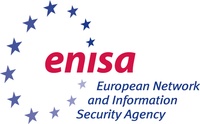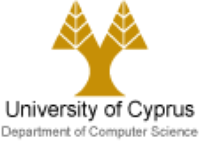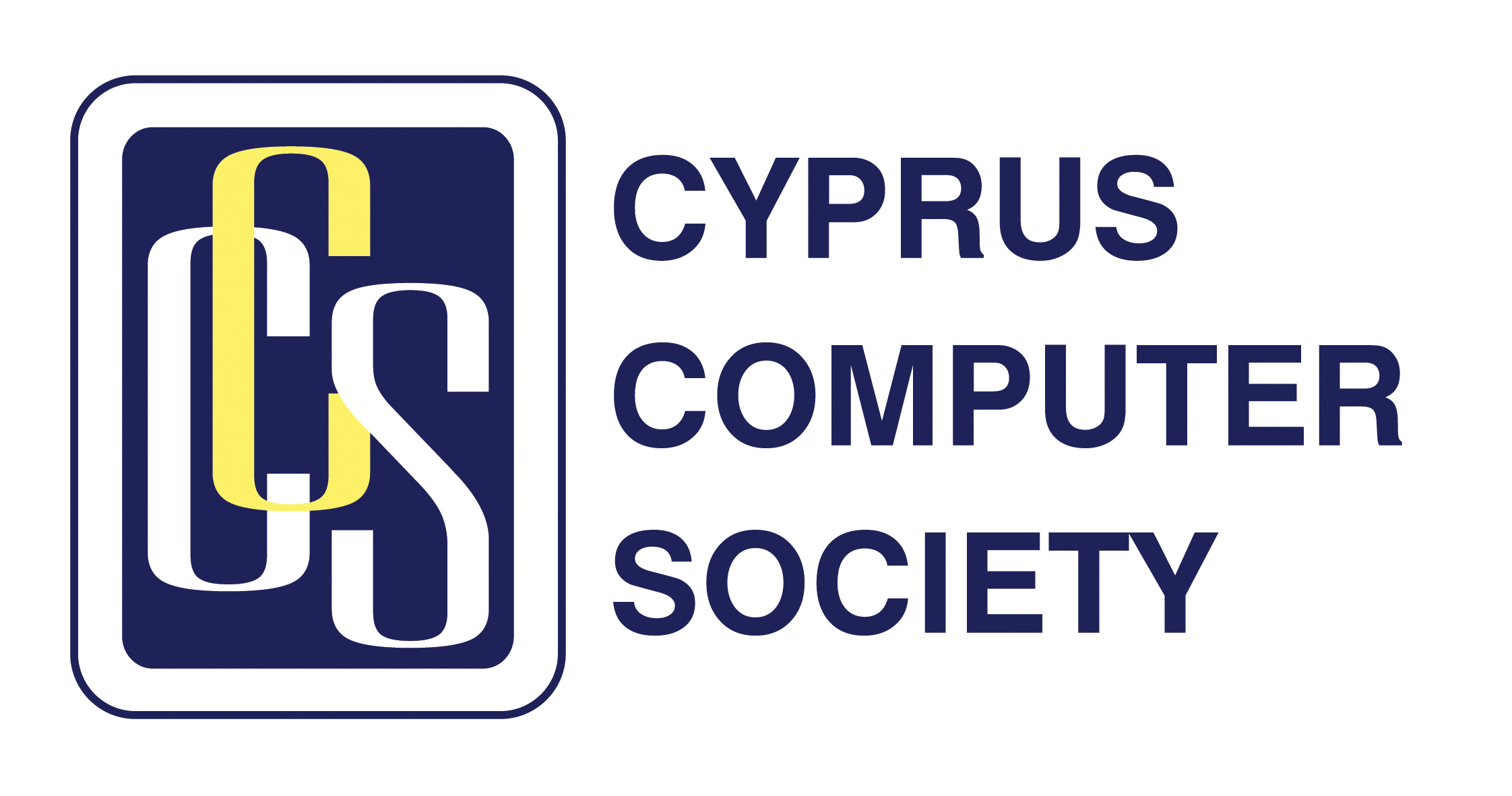Organisers
Latest news


-
APF 2014 update
[posted on: 12/08/2013]
- 35TH INTERNATIONAL CONFERENCE OF DATA PROTECTION AND PRIVACY COMMISSIONERS IN WARSAW, POLAND [posted on: 23/07/2013]
- APF'12 videos online [posted on: 05/06/2013]
- 8th International Workshop on Critical Information Infrastructures Security (CRITIS 2013) [posted on: 29/05/2013]
- 20th European MPI Users' Group Meeting (EuroMPI 2013) [posted on: 29/05/2013]
 Privacy and Emerging Technologies: conference
Privacy and Emerging Technologies: conference
International Conference of the PRESCIENT Project – Call for abstracts
27 – 28 November 2012 Fraunhofer Forum Berlin, Germany
Deadline for abstracts is 10 October 2012
A universal feature of modern public life is the invasion of privacy that occurs every day and in a variety of forms. Invasive surveillance activities are carried out in the name of preventing terrorism and stopping fraud. Crime control has become synonymous with surveillance technologies, information technologies and databases. The boundaries of public and private life have become blurred, and privacy has become compromised in the name of protecting the public. At the same time, users of social networks and Web 2.0 services voluntarily give away their information – supposedly to other users, but whether they know it or not, they are also giving it to companies and whoever is interested in the data freely available on the Web. Google and Facebook’s power are being discussed more and more in the media, opening up a discourse about companies and citizens’ handling of personal information.
Despite numerous legislative frameworks designed to protect privacy, rapid technological advances in various technological fields (the Internet, surveillance, biometrics, genomics, neurotechnology) have meant that the law often falls behind technological developments. Legislation is frequently designed as principles, rather than to fit specific technologies. Furthermore, the extent to which legislation is enforced or is enforceable varies.
The idea of a right to privacy has been a long-debated issue. For some, privacy protection can only occur through the development of transparent standards; for others, privacy is already an outdated concept. Attempts to ensure privacy protection have focused on “data” and legal frameworks. More recently, privacy-enhancing technologies have become an important technological advance, although they have not been widely adopted by the online community. It is widely acknowledged that existing legal frameworks fall short in terms of impacting on organisational practices. The question then arises: how can privacy be protected in the future and how can the protection keep up with the dynamic technological developments?
In recent years, we have seen attempts to design a process that will allow the assessment and management of possible ethical and privacy risks. The core elements in this process are “privacy and ethical impact assessments” as a tool to systematically identify the risks of scientific developments and emerging technologies in their early stages. The other element is “privacy by design”, so far practically still an under defined concept to take the non-technical requirements for privacy into account already at the beginning of a development cycle. This has to be embedded in a future methodology for risk management.
The EC-funded PRESCIENT project is hosting an international conference in Berlin to provide a forum for the discussion of new approaches to assess the ethical and privacy impacts of emerging technologies. New approach need to be more clearly specified and informed by current research on privacy, data protection, innovation and foresight studies.
Topics of interest include the following:
- Privacy, ethical and surveillance impact assessments
- Innovation (in the context of emerging technologies) and trade-offs against social equity
- Ethical issues raised by emerging technologies
- Privacy by design
- Foresight re emerging technologies and how foresight can help reduce unintended consequences
- Designing scenarios for the analysis of emerging technologies
- The (in)adequacies of existing legal frameworks in addressing the social impacts of emerging technologies
- Regulatory capture
- The power of large corporations to avoid or evade regulatory controls re emerging technologies
- Key challenges facing regulators in the face of emerging technologies
- Etc.
Keynote presentations will be given by: Bernd Carsten Stahl (DeMontfort University, UK), Iván Székely (Eotvos Karoly Policy Institute, OSA Archivum, Hungary), Philip Brey (University of Twente, The Netherlands) and Alexander Dix (Data Protection Commissioner of Berlin).
Papers will be accepted on the basis of a submitted abstract, which will be refereed. An abstract must be between 500 and 750 words in length (references excluded) and submitted online through the easychair website following this Submission Link. Deadline for submission is 10 October 2012. Authors will be informed of the decision of the referees by 1 November 2011.
Paper presentations will be 30 minutes, divided into 20 minutes for presentation and 10 minutes for discussion.
Publication: Presenters of selected papers will be invited to submit a full paper (maximum 8,000 words) before 15 January 2013. After passing a double blind review process paper will be published in a thematic issue of the journal "Science and Public Policy" published by Oxford Univerisity Press.
Registration: If you are interest to attend, please register, by sendig an e-mail to coordinator@prescient-project.eu
There will be no conference fee.
Conference website: For more information on the conference, please check the project website (http://www.prescient-project.eu) for further updates and resources. Download the conference leaflet.
Conference venue: Fraunhofer Forum Berlin, Anna-Louisa-Karsch-Str. 2, 10178 Berlin. http://www.forum.fraunhofer.de/
Conference email address: coordinator@prescient-project.eu
The conference is organized by Dr. Michael Friedewald, Philip Schütz, Dara Hallinan and assistants
| Release date | 02/10/2012 |
|---|---|
| Contributor | Daria Catalui |


 EC DG CONNECT
EC DG CONNECT





